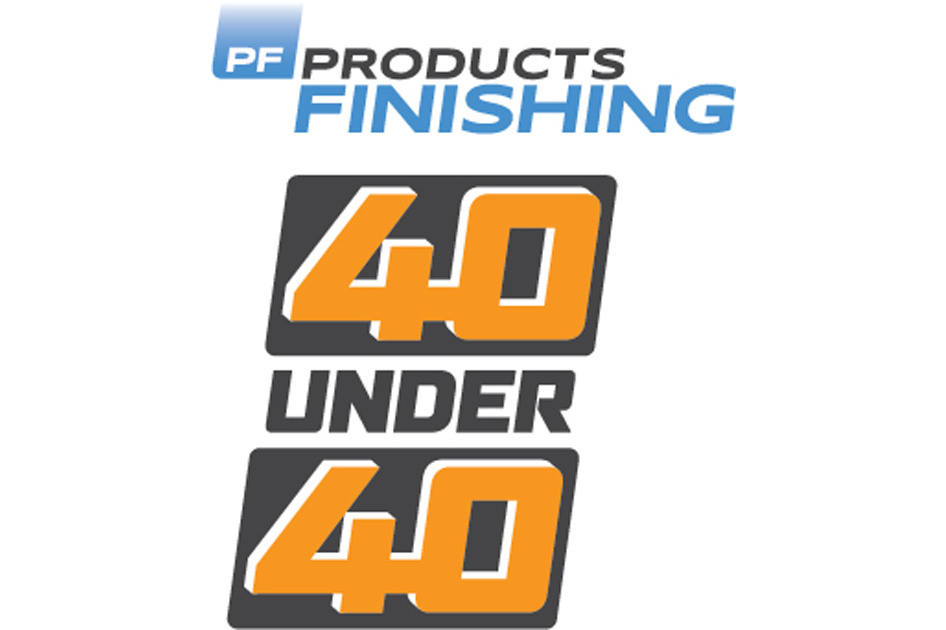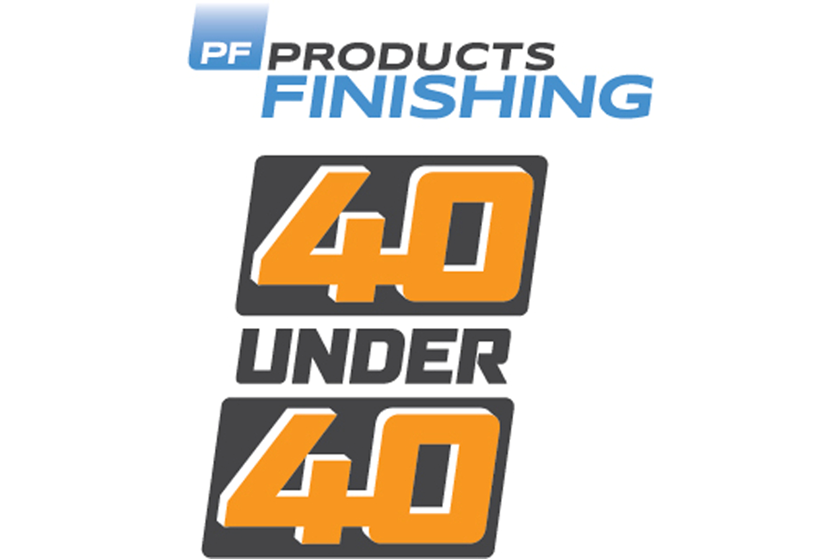COVID Emergency Temporary Standard May Be Extended Beyond Healthcare
A look at questions regarding the scope and implementation of the COVID ETS.
#regulation
It has been expected that OSHA would reconsider the need for a broader COVID-19 emergency temporary standard (ETS) applicable beyond just the healthcare sector. President Biden’s recent decision to use a new COVID ETS focused on vaccinations and testing as a central element of his newly unveiled COVID-19 Action Plan raises a host of challenges for employers across the country. It appears that OSHA plans to move much more quickly to prepare and send this ETS to the White House for approval.
Unlike the Executive Orders for federal employees and contractors and the expanded scope to healthcare workers (which included a fair amount of detail about how they would be implemented), the President’s announcement and new Action Plan about the OSHA ETS for general industry are essentially bare bones. There is almost no detail about what will be in the ETS and how it will operate.
For example, the announcement does not provide specific direction or information to answer several critical questions regarding the scope and implementation of the ETS for general industry, including the following.
- How do employers count the 100-worker threshold (by establishment or company-wide, how do you count temp, part-time, and seasonal workers, does it count remote/telework staff, etc.)?
- Who pays for the testing program (employers or employees)?
- If employers have to pay for testing, is it just for the test kits, or also employees’ time getting tested?
- Under a work-required vaccine program, will days away for adverse effects of the vaccine have to be recorded on employers’ 300 Logs?
- If the FDA approves booster shots for the general population, will a booster shot be required to consider an employee fully vaccinated?
- Does the rule account in any way for natural antibody immunity for employees who have been infected and recovered from COVID-19?
- Assuming employers have to pay for time to get vaccinated and recover from ill effects of the vaccine, is there a limit to how much time?
- What type of test will be acceptable for the testing program?
- What documentation will be required to verify vaccination and testing status, and will employers have to keep those records, as employee medical records, for the life of employment + 30 years?
- Will there be time for the ETS to go into effect, or will testing be required for employees who are willing to get vaccinated until they can get vaccinated?
- Will there be conditions that could result in the ETS being shelved?
- If we achieve a 100% fully vaccinated workforce, can we dispense with all of the other COVID-19 protocols (i.e., distancing, masks, pre-work screening, etc.)?
- How will the rule intersect with the ADA/Title VII requests for medical and religious exemptions?
Industry needs these answers to determine how it may be impacted by the ETS. For several reasons, industry may have a great opportunity to provide meaningful and impactful comments on the ETS rulemaking. First, the career staff at OSHA did not have advanced notice of the President’s announcement, so there was no foundational work on a draft rule and staff may not be as personally invested on any particular provisions or issues. Second, this ETS would provide cover to employers who have wanted to set vaccine mandates, but were reluctant to do it unless or until others did the same (i.e., to help alleviate concerns about losing workers to neighboring businesses that had more relaxed COVID-19 policies). Accordingly, the White House and OSHA may be open to specific input from Industry about how best to implement the ETS for general industry.
NASF will continue to work closely with industry trade groups and coalitions to help shape the Administration’s COVID policies and ETS and the potential impacts on the surface finishing industry. If you have any questions or would like additional information on these developments regarding COVID in the workplace, please contact Christian Richter or Jeff Hannapel with NASF at crichter@thepolicygroup.com or jhannapel@thepolicygroup.com.
This update is courtesy of the National Association for Surface Finishing (NASF). For more information or to become a member, visit nasf.org.
RELATED CONTENT
-
The Continuing Battle Over Hex Chrome
The latest in the California regulatory battle over the phase-out of hexavalent chromium use in finishing operations.
-
Cleaning, Pretreatment to Meet Medical Specs ISO 13485 or FDA 21 CFR820
Maximilian Kessler from SurTec explains new practices for industrial parts cleaning, metal pretreatment and decorative electroplating in the medical device industry.
-
In Service of an Industry
Lessons from the stewards of surface finishing.















